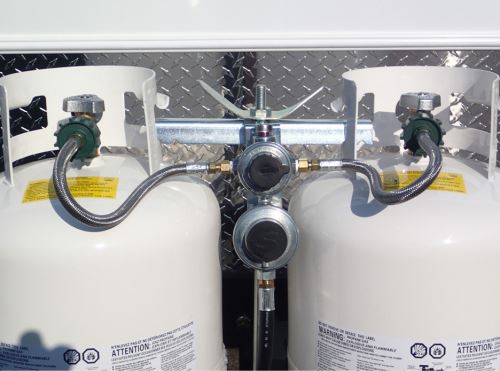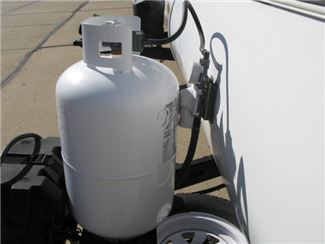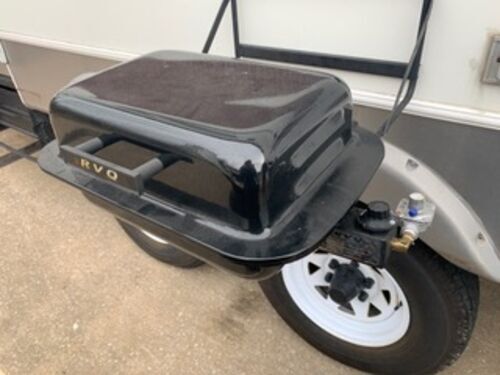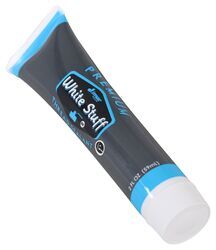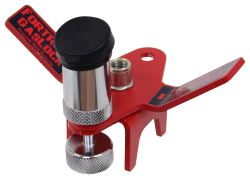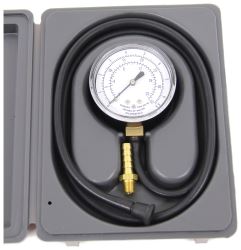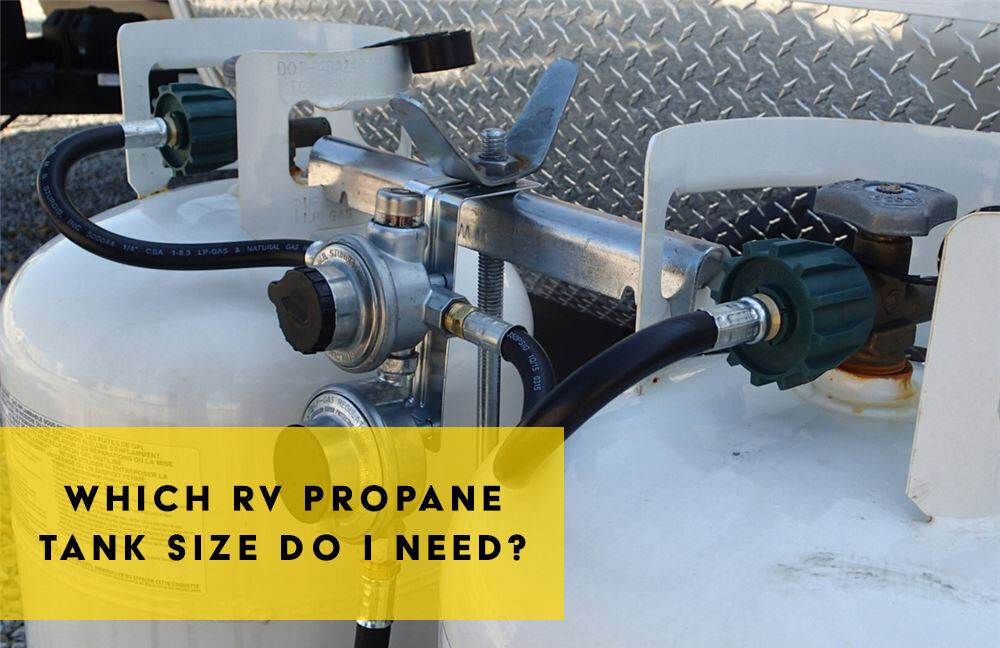
Which RV Propane Tank Size Do I Need?
Types of RV Propane Tanks
RV Propane Tank Sizes
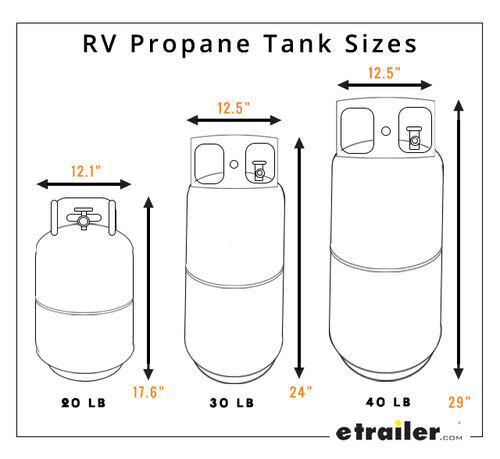
How Long Do RV Propane Tanks Last?
20-lb tank: about 4.6 gallons 30-lb tank: about 7 gallons 40-lb tank: about 9.4 gallons
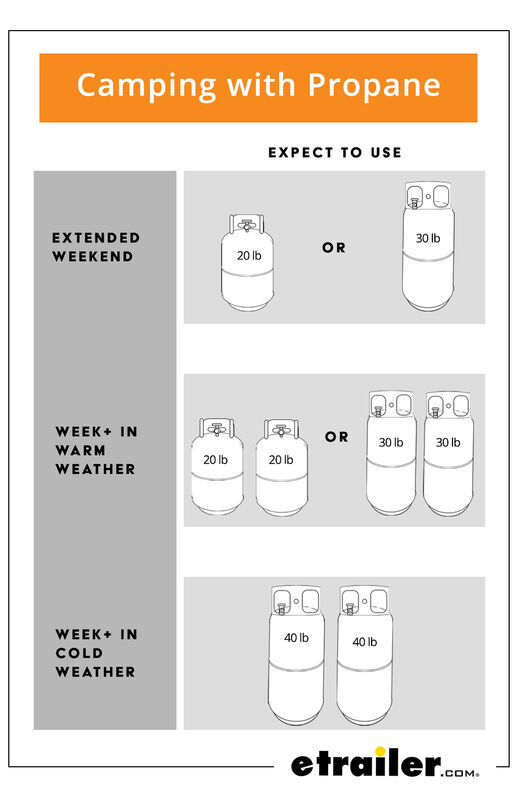
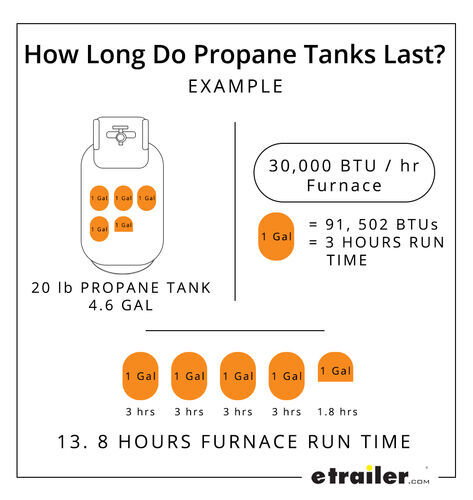
Tank Weight
20-lb tank — full weight 37 lbs (17 lbs empty) 30-lb tank — full weight 55 lbs (25 lbs empty) 40-lb tank — full weight 72 lbs (32 lbs empty)
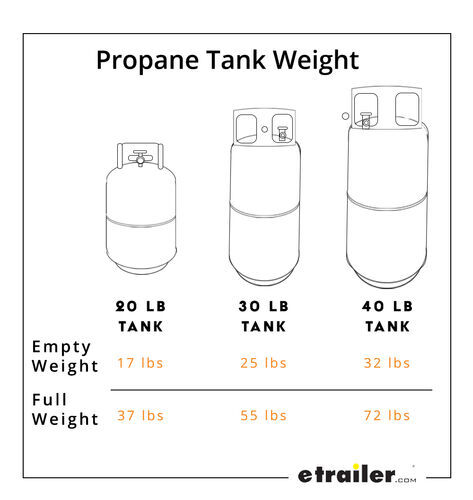
Exchanging vs Refilling Tanks
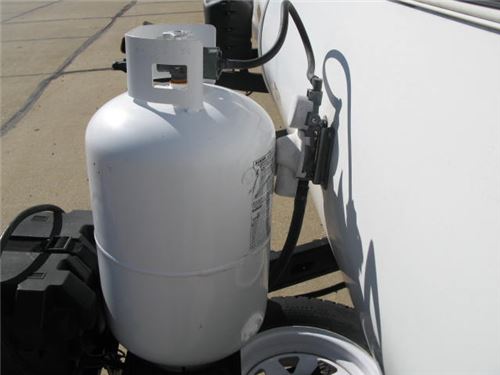
Highly convenient - can typically do this at any Walmart or hardware store Can trade out your nearly expired tank for a new one
Typically costs more than refilling May not receive a completely filled tank in exchange May end up trading your newer tank for an older one in worse condition You don't know how well the tank you receive was cared for by the previous owner Limited to 20-lb tanks in most exchange locations
Typically costs less than exchanging More control over the amount of propane in your tank Can keep your own tank in great condition and use it for years
May not be as easy to find a refilling location as it is an exchange location DOT tanks must be recertified every 10 years, since you'll be using the same tank

Departments
Towing
- Trailer Hitch
- Fifth Wheel
- Gooseneck
- Towing a Vehicle
- Front Hitch
- RV Hitch
- ATV Hitch
- HD Truck Hitch
- Vehicle Wiring
- Brake Controller
- Ball Mounts
- Weight Distribution
Sports and Recreation
Trailer Parts
- Utility Trailer
- Boat Trailer
- Landscape Trailer
- Enclosed Trailer
- 5th/Camper Trailer
- Car Hauler
- Horse Trailer
Vehicle
Contact & Help

Popular Vehicles
- Subaru Forester
- Ford F-350 Super Duty
- Ford F-250 Super Duty
- Chevrolet Silverado 1500
- Jeep Wrangler Unlimited
- Jeep Wrangler
- Ram 3500
- Toyota Highlander
- Ram 2500
- Chevrolet Silverado 2500
- Subaru Outback Wagon
- Chevrolet Silverado
- Dodge Ram Pickup
- GMC Sierra 2500
- Ram 1500
- Ford F-250 and F-350 Super Duty
- Jeep Grand Cherokee
- Toyota Tacoma
- GMC Sierra 3500
- Toyota Tundra
- Ford Escape
- More >>


